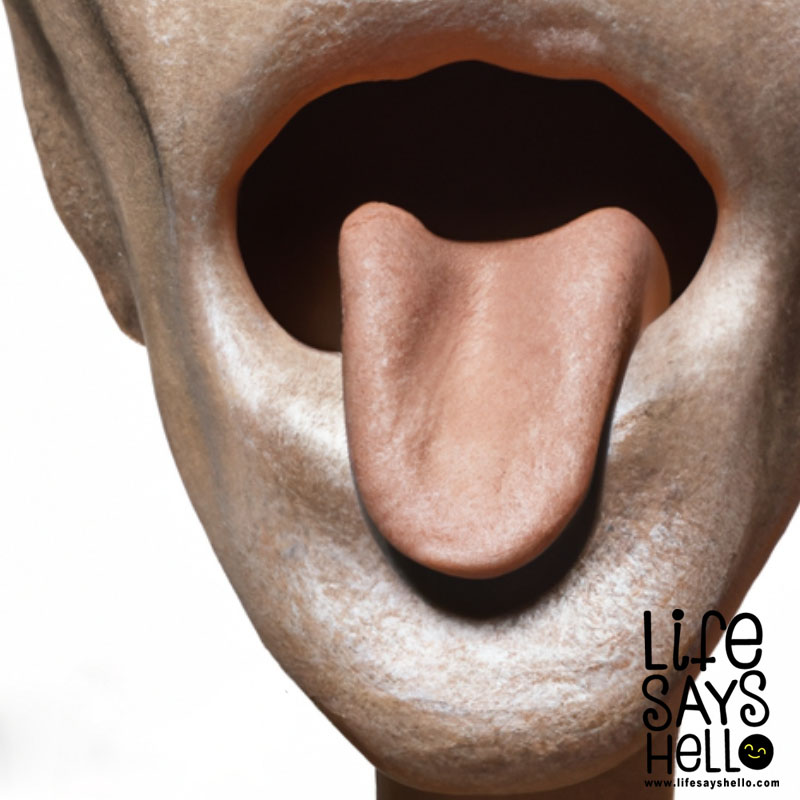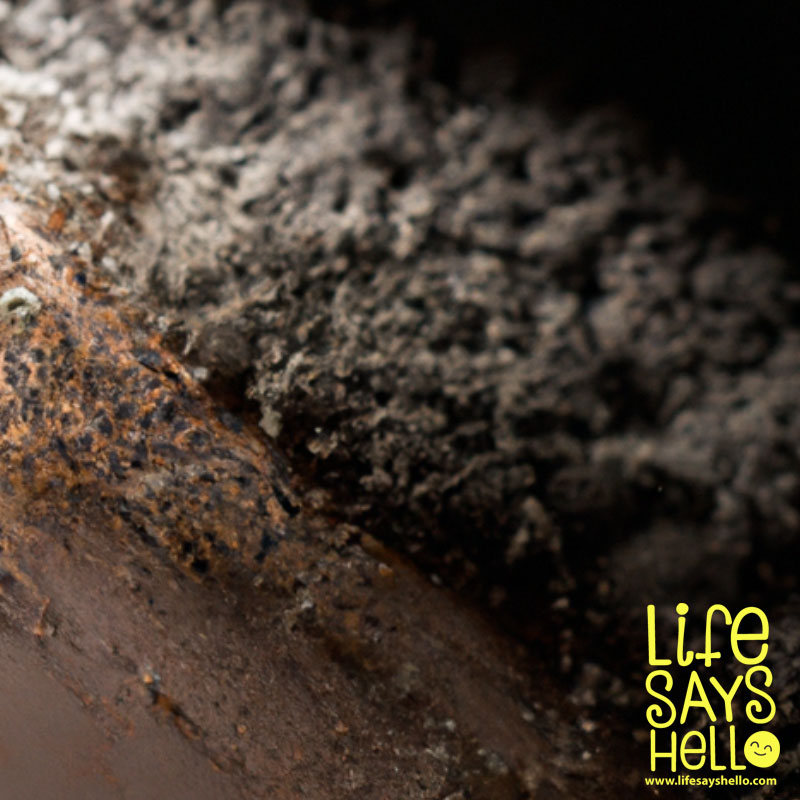Can Allergies Cause Dry Mouth? Exploring Symptoms, Causes, and Relief Strategies

Are you experiencing dry mouth and wondering if your allergies could be the culprit? In this comprehensive guide, we'll delve into the link between allergies and dry mouth, discuss common symptoms, and provide effective relief strategies to help you feel more comfortable.
Allergies can be a real nuisance, causing a range of symptoms from sneezing and itching to even dry mouth. You might be surprised to learn that there is indeed a connection between allergies and dry mouth. In this article, we'll explore the relationship between these two conditions, identify the causes of dry mouth, and offer tips for relief. So, let's dive in and find out if allergies can cause dry mouth and how to address this uncomfortable symptom.
Can Allergies Cause Dry Mouth?
The short answer is yes, allergies can cause dry mouth. When you have an allergic reaction, your body releases histamine, a compound that causes the typical allergy symptoms like sneezing, itching, and nasal congestion. To counter these symptoms, many people take antihistamines, which are medications designed to block the effects of histamine. However, a common side effect of antihistamines is dry mouth.
Additionally, allergies can cause nasal congestion, which may lead to mouth breathing. Breathing through your mouth, especially while you sleep, can cause your mouth to become dry due to the lack of saliva production.
Dehydration is another factor that can contribute to dry mouth during allergy season. Allergy symptoms like sneezing, runny nose, and sweating can lead to fluid loss, and if you're not replenishing those fluids, you may experience dry mouth.
Symptoms of Dry Mouth
Dry mouth, also known as xerostomia, can manifest in various ways. Some common symptoms include:
- Thirst: An ongoing feeling of thirst is a telltale sign of dry mouth.
- Difficulty swallowing: A lack of saliva can make swallowing food or liquids more difficult.
- Dry or sticky feeling in the mouth: This sensation is often described as having cottonmouth.
- Cracked lips or corners of the mouth: Dry mouth can lead to chapped lips and irritated skin around the mouth.
- Bad breath: A decrease in saliva production can cause an increase in bacteria, leading to bad breath.
- Altered sense of taste: Dry mouth can affect your taste buds, making food taste different or less flavorful.
- Mouth sores or ulcers: A dry environment in the mouth can make it more susceptible to sores and ulcers.
If left untreated, dry mouth can lead to more serious complications such as tooth decay, gum disease, and oral infections. This is because saliva plays a crucial role in maintaining oral health by washing away food particles, neutralizing acids, and providing enzymes that aid in digestion.
Identifying the Cause of Dry Mouth
It's essential to identify the cause of your dry mouth to properly address the issue. While allergies can be a contributing factor, other causes of dry mouth include:
- Medications: Many medications, including antihistamines, decongestants, painkillers, and antidepressants, can cause dry mouth as a side effect.
- Health conditions: Certain medical conditions, such as diabetes, Sjögren's syndrome, and Parkinson's disease, can cause dry mouth.
- Aging: As we age, our saliva production may decrease, leading to dry mouth.
- Tobacco and alcohol use: Both tobacco and alcohol can contribute to dry mouth.
To determine the cause of your dry mouth, start by tracking your symptoms and noting any patterns or triggers. If you're unsure, it's always a good idea to consult a healthcare professional for guidance and recommendations.
Relief for Allergy-Related Dry Mouth
If you've determined that your dry mouth is related to allergies, there are several strategies you can try for relief:
- Stay hydrated: Drinking plenty of water throughout the day can help alleviate dry mouth by keeping your body and mouth well-hydrated.
- Use a humidifier: Adding moisture to the air, especially in your bedroom, can help combat dry mouth caused by mouth breathing.
- Suck on sugar-free candy or chew gum: Stimulating saliva production with sugar-free candy or gum can help keep your mouth moist.
- Avoid caffeine and alcohol: Both caffeine and alcohol can be dehydrating and may exacerbate dry mouth symptoms.
- Maintain good oral hygiene: Brushing your teeth at least twice a day, flossing daily, and using a fluoride mouthwash can help prevent dental issues related to dry mouth.
- Try over-the-counter saliva substitutes: Artificial saliva products, available in spray or gel form, can provide temporary relief for dry mouth.
It's also essential to address the underlying allergy itself. Consult your healthcare professional about allergy medications, such as nasal corticosteroids and leukotriene inhibitors, or consider allergen immunotherapy (allergy shots) to reduce your sensitivity to allergens.
When to See a Healthcare Professional
If your dry mouth symptoms persist despite trying the relief strategies mentioned above, or if you're experiencing difficulty eating, speaking, or swallowing, it's time to consult a healthcare professional. They may recommend prescription medications specifically designed to increase saliva production or refer you to a specialist, such as an allergist or an oral medicine specialist, for further evaluation and treatment.
Conclusion
In conclusion, allergies can indeed cause dry mouth, and it's essential to address both the dry mouth symptoms and the underlying allergy to effectively manage this condition. By staying hydrated, using a humidifier, and adopting other relief strategies, you can alleviate the discomfort of dry mouth. Remember to consult a healthcare professional if your symptoms persist or worsen. With the right approach, you can successfully manage your allergy-related dry mouth and enjoy a more comfortable daily life.




Comments